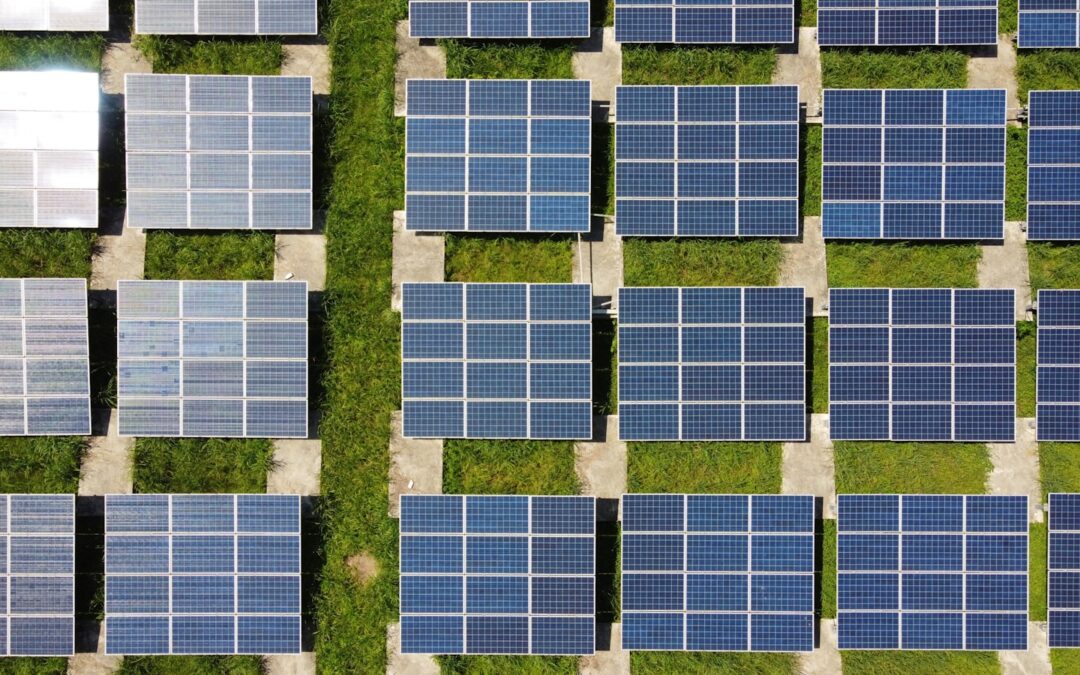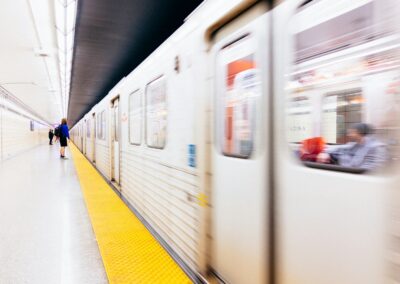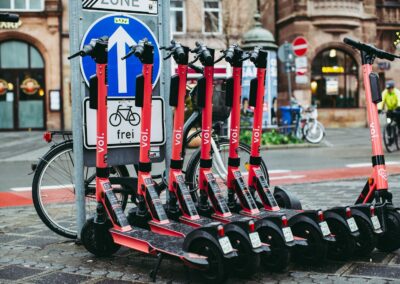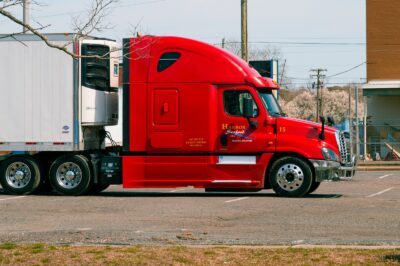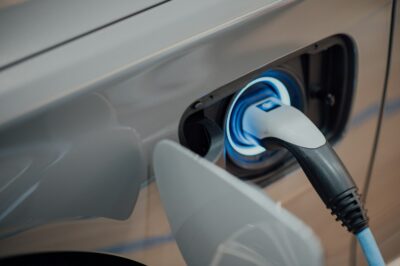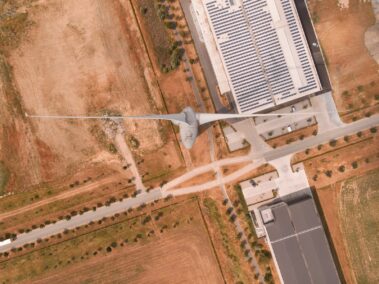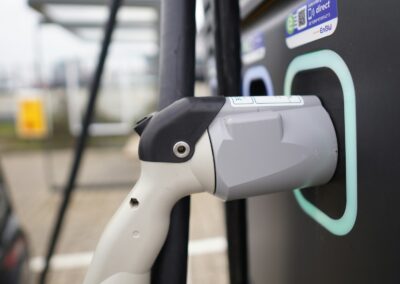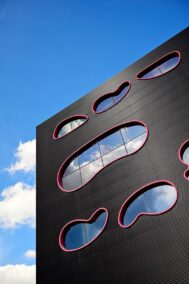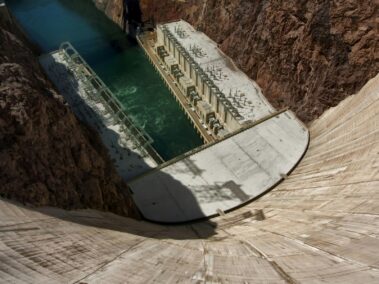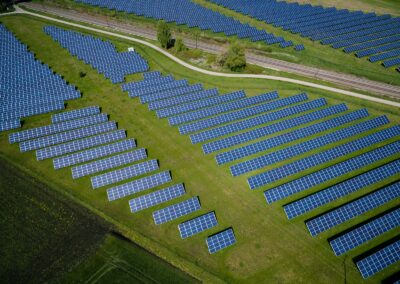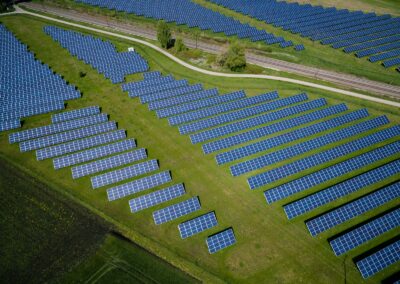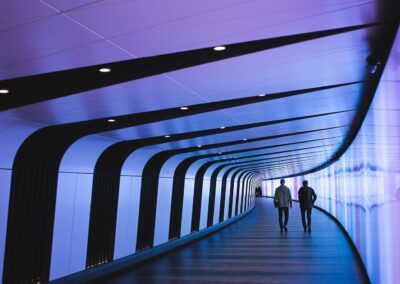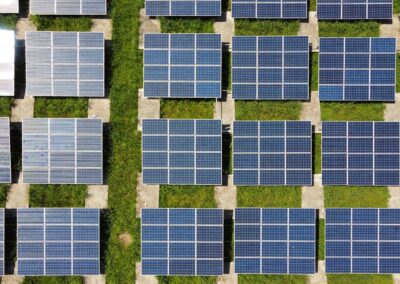Transforming Public Transportation through Renewable Energy Integration
The integration of renewable energy sources such as solar panels with public transportation infrastructure offers a revolutionary pathway towards sustainable transit options. As cities like Riyadh and Dubai continue to expand, the need for efficient and eco-friendly transportation solutions has become paramount. By harnessing the power of renewable energy, these urban centers can significantly reduce their carbon footprint and promote environmental sustainability. In Saudi Arabia and the UAE, the focus on renewable energy is evident through various national initiatives aimed at reducing dependency on fossil fuels. The incorporation of solar panels into public transportation systems not only aligns with these goals but also sets a precedent for innovative infrastructure development. By leveraging abundant solar energy, cities can power public transport networks, thus ensuring a greener and more sustainable urban future.
The technological advancements in Artificial Intelligence (AI) and Blockchain further enhance the potential of renewable energy integration. AI can optimize energy consumption and distribution across transportation networks, ensuring maximum efficiency. Meanwhile, Blockchain technology can facilitate transparent and secure energy transactions, making it easier to manage and allocate resources effectively. Together, these innovations pave the way for a smarter, more sustainable urban transit system.
Implementing Solar Panels in Public Transport Systems
The implementation of solar panels in public transportation infrastructure involves strategic planning and collaboration between government bodies, technology providers, and urban planners. In cities like Riyadh and Dubai, the integration process begins with identifying key areas where solar energy can be most effectively utilized. This includes installing solar panels on rooftops of train stations, bus depots, and other transit-related structures. One notable example is the Dubai Metro, which has already begun integrating solar panels into its stations. This initiative not only reduces operational costs but also contributes to the city’s sustainability goals. Similarly, Riyadh’s public transportation network can benefit immensely from solar energy, considering the city’s ample sunlight exposure throughout the year.
Additionally, the deployment of AI-driven energy management systems can further enhance the efficiency of solar-powered public transport. These systems can predict energy consumption patterns, optimize energy storage, and ensure that solar power is utilized to its fullest potential. By combining renewable energy with cutting-edge technology, cities can create a robust and resilient public transportation network.
Executive Coaching and Leadership in Sustainability Initiatives
Effective leadership and management are crucial for the successful implementation of renewable energy projects in public transportation. Executive coaching services can play a vital role in equipping business leaders with the skills and knowledge needed to drive sustainability initiatives. Through targeted coaching programs, executives can learn to navigate the complexities of renewable energy integration, foster a culture of innovation, and lead their organizations towards sustainable growth. In cities like Riyadh and Dubai, where rapid urbanization presents both challenges and opportunities, strong leadership is essential for achieving long-term sustainability goals. By investing in executive coaching, businesses can ensure that their leaders are well-prepared to spearhead renewable energy projects and contribute to the development of sustainable urban transit systems.
Moreover, effective communication and change management strategies are key to gaining stakeholder support and ensuring the smooth execution of renewable energy initiatives. By fostering open dialogue and collaboration among all stakeholders, business leaders can build consensus and drive collective action towards a more sustainable future.
The Future of Sustainable Transit
The integration of renewable energy sources, such as solar panels, with public transportation infrastructure holds immense potential for creating more sustainable and resilient urban transit systems. As cities in Saudi Arabia and the UAE continue to grow, the adoption of innovative technologies and sustainable practices will be critical for addressing the challenges of urbanization and environmental degradation. By leveraging AI and Blockchain, cities can optimize energy consumption, enhance operational efficiency, and ensure the transparent and secure management of renewable energy resources. These technological advancements, combined with strong leadership and effective management, can pave the way for a brighter and more sustainable future.
In conclusion, the integration of renewable energy with public transportation infrastructure represents a significant step towards achieving environmental sustainability and business success. By embracing this innovative approach, cities like Riyadh and Dubai can lead the way in creating greener, more efficient, and more resilient urban transit systems. As business executives, mid-level managers, and entrepreneurs, the time to invest in and support renewable energy initiatives is now, for the benefit of both the environment and future generations.
#RenewableEnergy #SustainableTransit #SolarPanels #PublicTransportation #AI #Blockchain #SaudiArabia #UAE #Riyadh #Dubai

